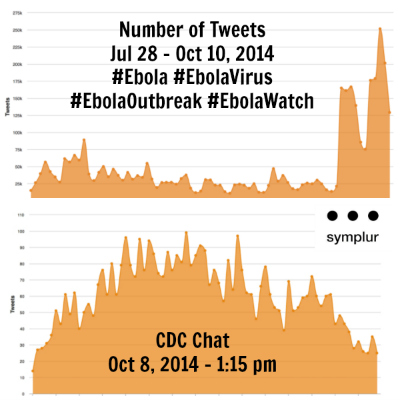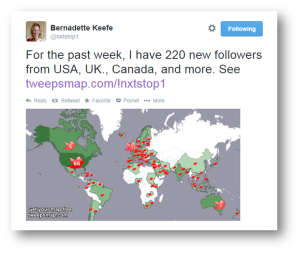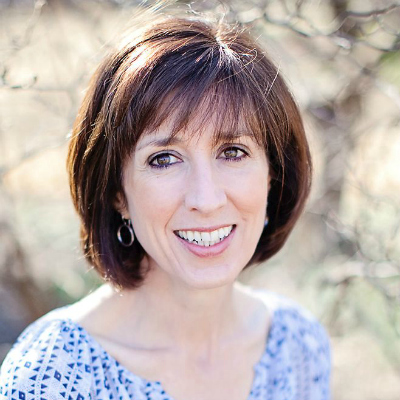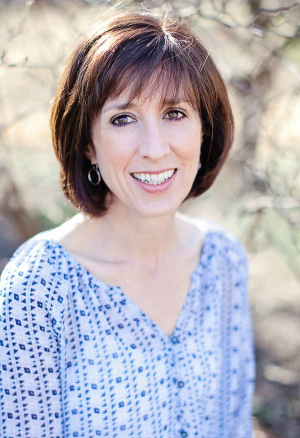Facebook Update for Healthcare
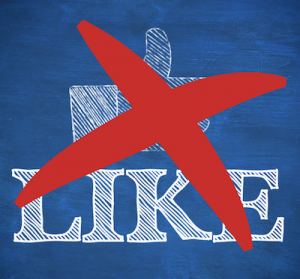 Social media for healthcare invariably includes Facebook as a primary channel. The challenge for a busy medical practice is finding the time to post enough content so keeping up with frequent Facebook changes can be a challenge. Get Social Health called upon Facebook expert Shelley Heinrichs of Proclaim Interactive to bring us up to date on the latest changes.
Social media for healthcare invariably includes Facebook as a primary channel. The challenge for a busy medical practice is finding the time to post enough content so keeping up with frequent Facebook changes can be a challenge. Get Social Health called upon Facebook expert Shelley Heinrichs of Proclaim Interactive to bring us up to date on the latest changes.
Shelley and I talked about three major Facebook changes: the end of “like-gating”, the best format for posting links and the down-grading of “click-bait” content. To catch the segments of our conversation, check the time stamp content below.
00:00 Introduction
00:50 Practical advice from Shelley Heinrichs
01:40 Facebook is making changes …for the good?
03:40 What we’re going to cover
04:20 What is “Like-Gating”?
05:48 Like-gating waters down page authority
07:15 “Low quality likes”
07:50 “Too much of a good thing
09:00 Percent of engagement
10:20 “Action-Gating”
12:20 Give to Get
12:50 Best format for Facebook posts
14:15 Facebook favors posts that include links
16:50 Test your posts
17:40 Where should links go?
19:50 Be a resource for relevant and valuable information
21:00 Business vs. professional resource
22:00 “Click-Bait”
23:10 Tabloid headlines
25:50 Watch sensational news headlines
26:40 Compelling without lying
27:20 Social Media Tip from Dr. Mike Sevilla “Know where your Audience is at”
28:05 Closing
Visit our resources page for more valuable (and free!) resources on social media and digital health:
Podcast: Play in new window | Download



